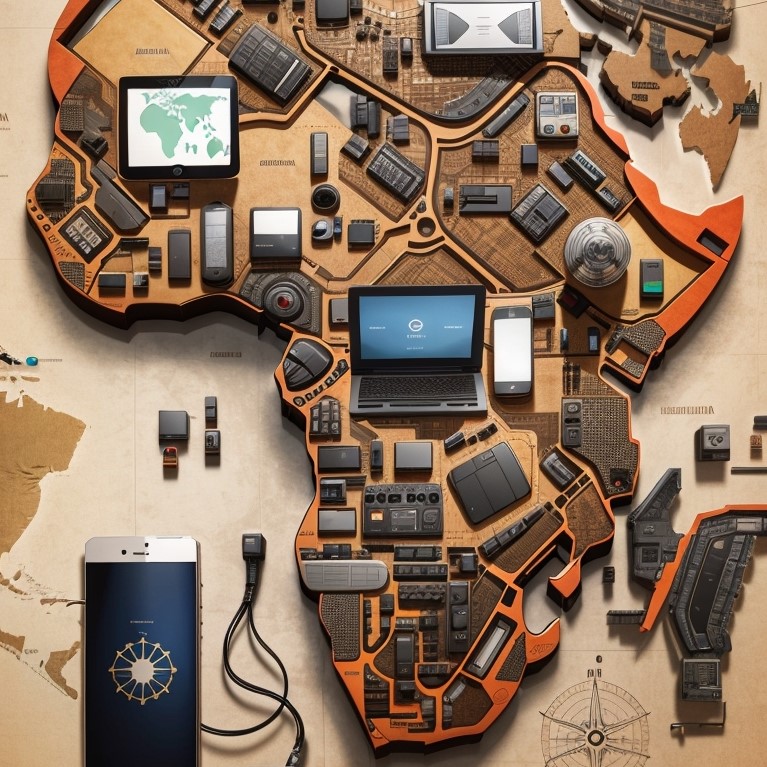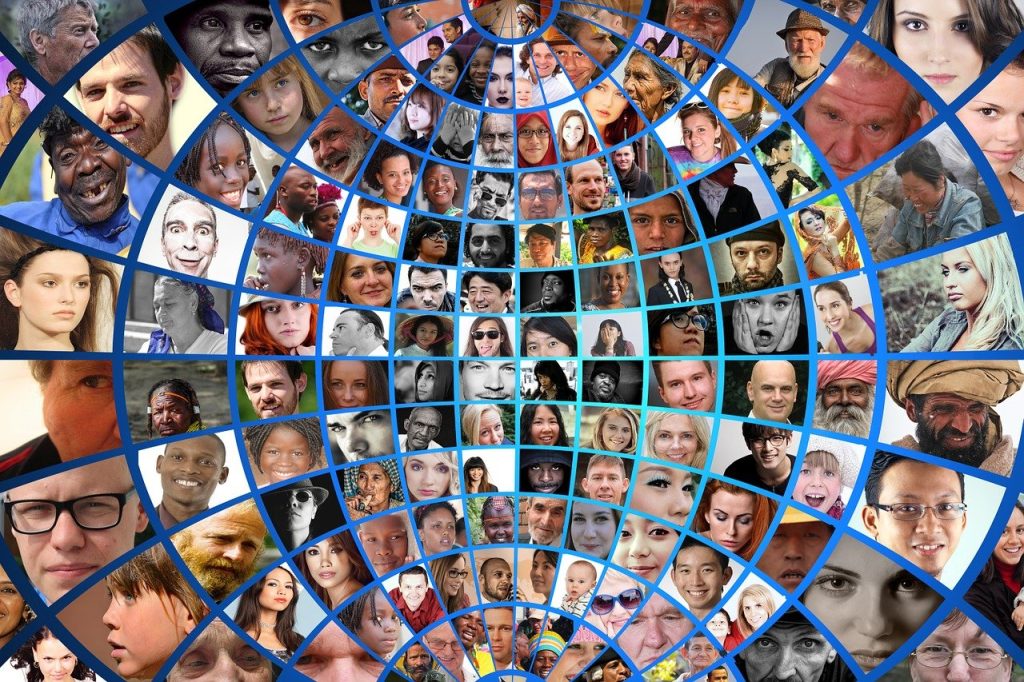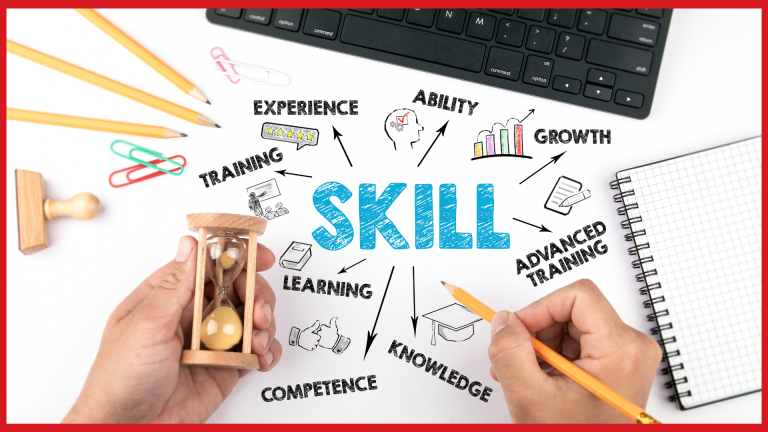In today’s digital age, digital literacy is not just a valuable skill; it’s a necessity. Nowhere is this truer than in Africa, where prioritizing digital literacy can unlock a multitude of opportunities and drive progress across various sectors. In this article, we explore the top ten compelling reasons why Africa should make digital literacy a top priority.

1. Economic Development
Digital literacy is a catalyst for economic growth. With a digitally skilled workforce, African nations can attract investment, foster innovation, and participate actively in the global digital economy. Job creation and economic diversification follow suit.
2. Youth Empowerment
The youth population in Africa is substantial, and equipping them with digital skills empowers them to secure well-paying jobs and entrepreneurial opportunities. Digital literacy reduces youth unemployment rates and enhances economic independence among young Africans.
3. Innovation and Entrepreneurship
Digital literacy fuels innovation and entrepreneurship. Africans with digital skills can develop solutions tailored to local challenges, fostering vibrant startup ecosystems. They can tackle pressing issues and contribute to global innovation.
4. Access to Education
Digital literacy enhances access to education. Online learning platforms and global educational resources become accessible, narrowing the educational divide. Lifelong learning and professional development are no longer confined to classrooms.
5. Healthcare Improvement
Digital literacy improves healthcare access. Telemedicine services connect remote communities with healthcare professionals. Health education through digital channels empowers individuals to make informed health decisions.
6. Financial Inclusion
Digital literacy promotes financial inclusion. Access to digital financial services, including mobile banking and microfinance, becomes easier. This empowers individuals and small businesses to participate in the formal economy.

7. Global Connectivity
Digital literacy connects Africa to the global community. It facilitates cross-cultural exchange, fosters participation in online communities, and promotes understanding and collaboration on a global scale.
8. Government Services
Digital literacy enhances citizen engagement in governance. E-governance platforms provide access to government services, promote transparency, and facilitate civic participation. It streamlines public service delivery.
9. Rural Development
Digital literacy plays a vital role in rural development. It benefits agriculture, education, and healthcare in remote areas. Rural entrepreneurs can access global markets and services through digital platforms.
10. Environmental Awareness
Digital literacy promotes environmental awareness. Online platforms provide information on climate change, conservation, and sustainability. Digital solutions can help address environmental challenges.
Digital literacy is the key to Africa’s prosperity. Prioritizing it can bridge economic, educational, and social gaps. By empowering individuals, fostering innovation, and connecting communities, digital literacy lays the foundation for a brighter, more inclusive Africa.
Frequently Asked Questions (FAQ)

Q1. What is digital literacy, and why is it important in Africa?
Digital literacy is the ability to use digital devices and platforms to access, create, and share information. It is crucial in Africa as it enhances access to opportunities and resources, driving socio-economic progress.
Q2. How can digital literacy benefit African youths?
Digital literacy empowers young Africans by opening doors to job opportunities, entrepreneurship, and global connectivity. It equips them with skills for a digital future.
Q3. What initiatives are in place to promote digital literacy in Africa?
Several organizations and governments run digital literacy programs in Africa. These initiatives aim to provide training and resources to enhance digital skills.
Q4. How does digital literacy contribute to entrepreneurship and innovation in Africa?
Digital skills enable Africans to create innovative solutions, start businesses, and participate in the global digital economy. This drives entrepreneurship and innovation.
Q5. Can digital literacy help bridge the urban-rural divide in Africa?
Yes, digital literacy can bridge this divide by providing rural communities with access to education, healthcare, and economic opportunities through digital channels.
Q6. What role does digital literacy play in healthcare improvement?
Digital literacy enhances healthcare access through telemedicine and health education. It empowers individuals to make informed health decisions.
Q7. How does digital literacy contribute to environmental awareness and sustainability?
Digital platforms provide information on environmental issues and sustainability practices, raising awareness and encouraging sustainable behaviors.
Q8. What challenges exist in promoting digital literacy in Africa?
Challenges include limited internet access, infrastructure gaps, and gender disparities in digital literacy. Addressing these issues is vital for widespread digital empowerment.
Q9. How can individuals and organizations support digital literacy efforts in Africa?
Support can include volunteering with digital literacy programs, donating resources, and advocating for policies that promote digital education and inclusion.
Q10. What are the long-term benefits of prioritizing digital literacy in Africa?
Long-term benefits include economic growth, improved education, better healthcare access, and enhanced quality of life for African citizens.
Author’s Note: Digital literacy is not just a skill; it’s a tool for empowerment and transformation. By prioritizing digital literacy, Africa can unlock its potential and shape a brighter future for all its people.



